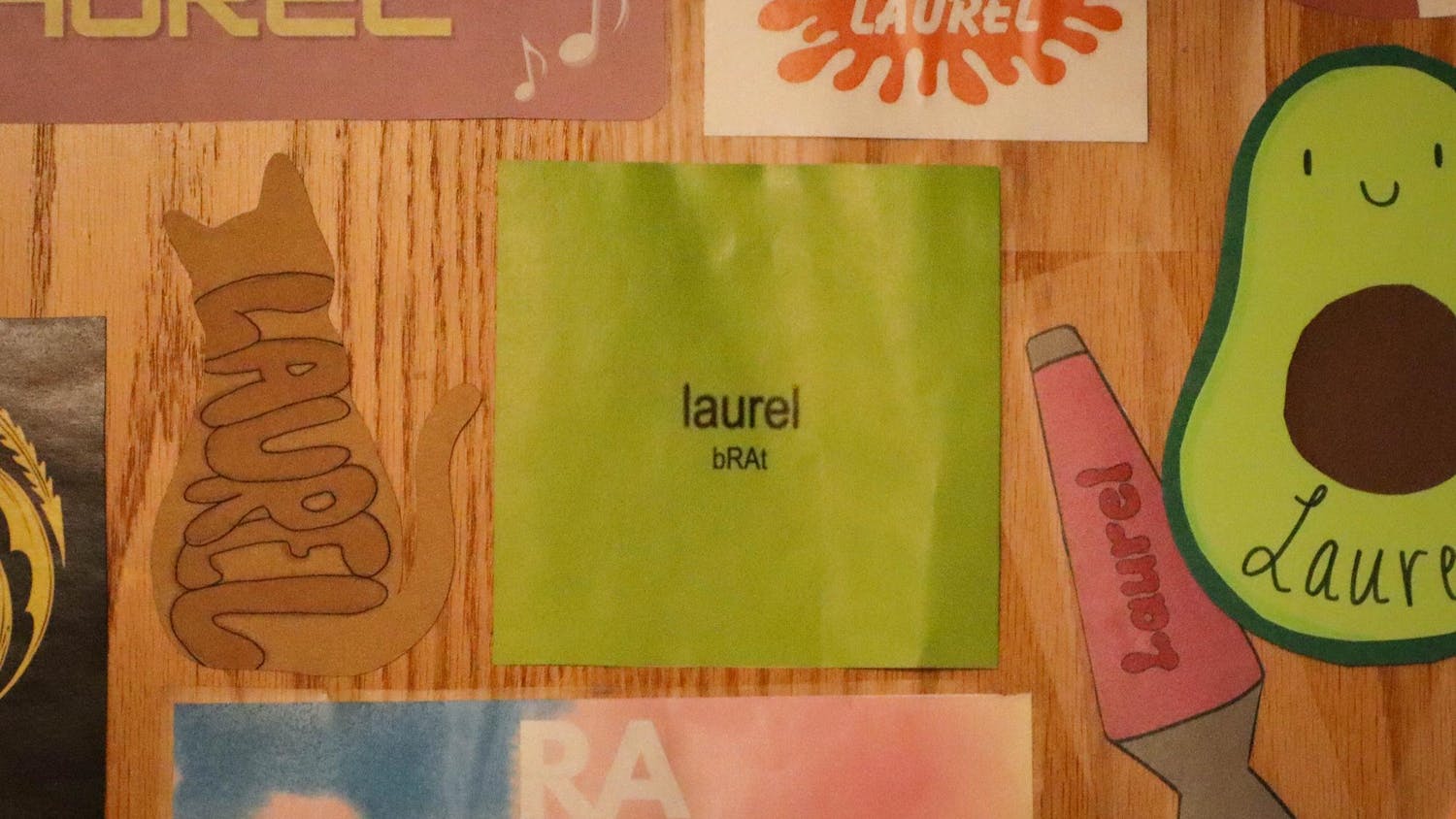It doesn't always take guns, airplanes, armies or brute force to win a war. In the case of Great Britain's occupation and overtaking of Ireland in the 19th century, it took words.\nIrish playwright Brian Friel's "Translations" explores the destructive and healing powers of language, and how one's native tongue shapes one's identity. "Translations" opens at 8 p.m. today at the University Theatre.\nSet in the small community of Baile Beag, Donegal County in 1833, Friel's work illustrates the hardships the Irish faced when the English annexation of the country virtually eradicated the Gaelic language. The action takes place in a local barn that is transformed into a schoolhouse, where members of the farming community are taught a new tongue.\nIn "Translations," the loss of language affects more than communication; it affects identity, and sense of self, director and associate theater professor Bruce Burgun said.\n"Culture is embodied in language. And identity is tied to knowing your culture," Burgun said. "If you take away someone's language, you destroy their sense of identity."\nThe importance and power of language, as well as its destructive potential, is a universal theme with which modern audiences can identify, Burgun said.\n"The play begins with a character struggling to say her name -- a lost soul struggling to find her identity," Burgun said. "Think on what European Americans did to Native Americans and African Americans. They obliterated their language, took away their names, and doing so, like the play, with the best intentions. But blind naivete decimate their identity."\nTo fully explore their characters and bring them to life, the actors worked extensively with the Gaelic accent and did cultural research, said senior Lauren Graf, who portrays Bridget.\n"We did tons of work with Mary Baird, our vocal coach," Graf said. "We listened to tapes with accents and did a lot of research on the history of Ireland."\nGraf said the process was challenging and enjoyable.\n"It was so rewarding … the bonding and relationships you get to have with other people," Graf said. "Our characters are so rowdy and loving and loud and obnoxious … it's so much fun to play that."\nBurgun said the greatest challenge of crafting this production has been treating the script with sensitivity and doing the story justice.\n"The challenge for this production is the challenge for any production -- and that is to do it right," Burgun said. "To tell the story with respect, comprehension, detail, insight, honesty, spontaneity and passion. And to tell the story to this particular audience."\nBurgun said he enjoyed watching the students stretch and grow as actors.\n"(The biggest reward was) watching the actors grow. Observing them seizing the opportunity granted them. Making the characters, circumstances and relationships real and personal to them," Burgun said. "Working to overcome their initial preconceptions to achieve a wonderfully human something that is far beyond their mental abilities to imagine. \n"That hasn't been easy, but that is why I teach and create theater at this level"
Play explores identity, power of language
Get stories like this in your inbox
Subscribe





